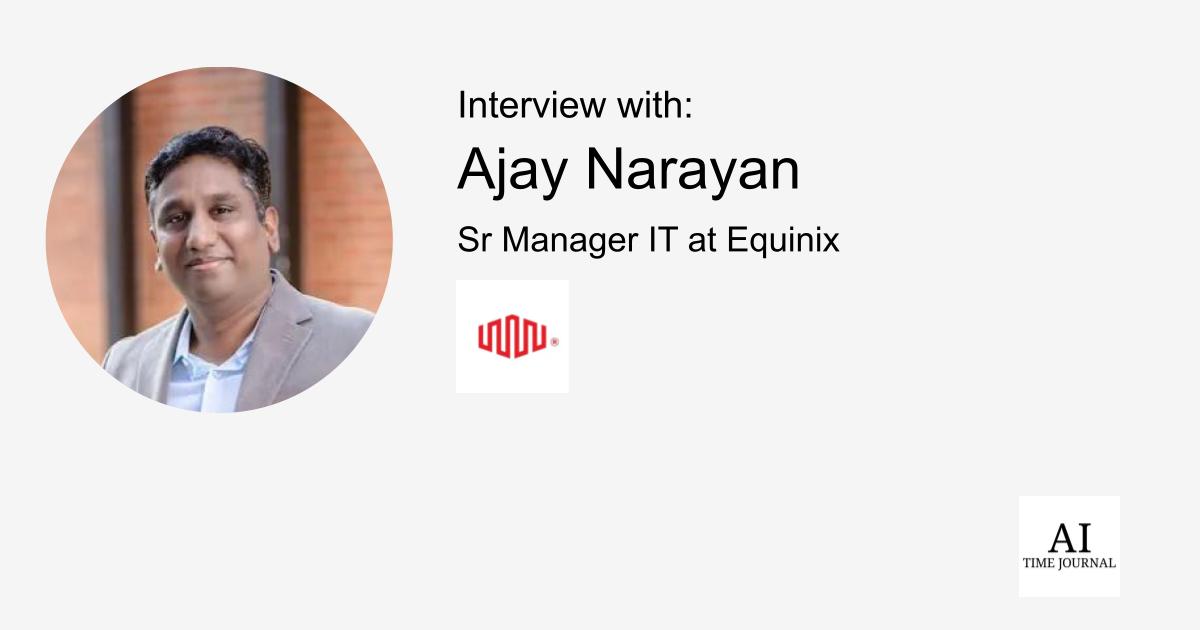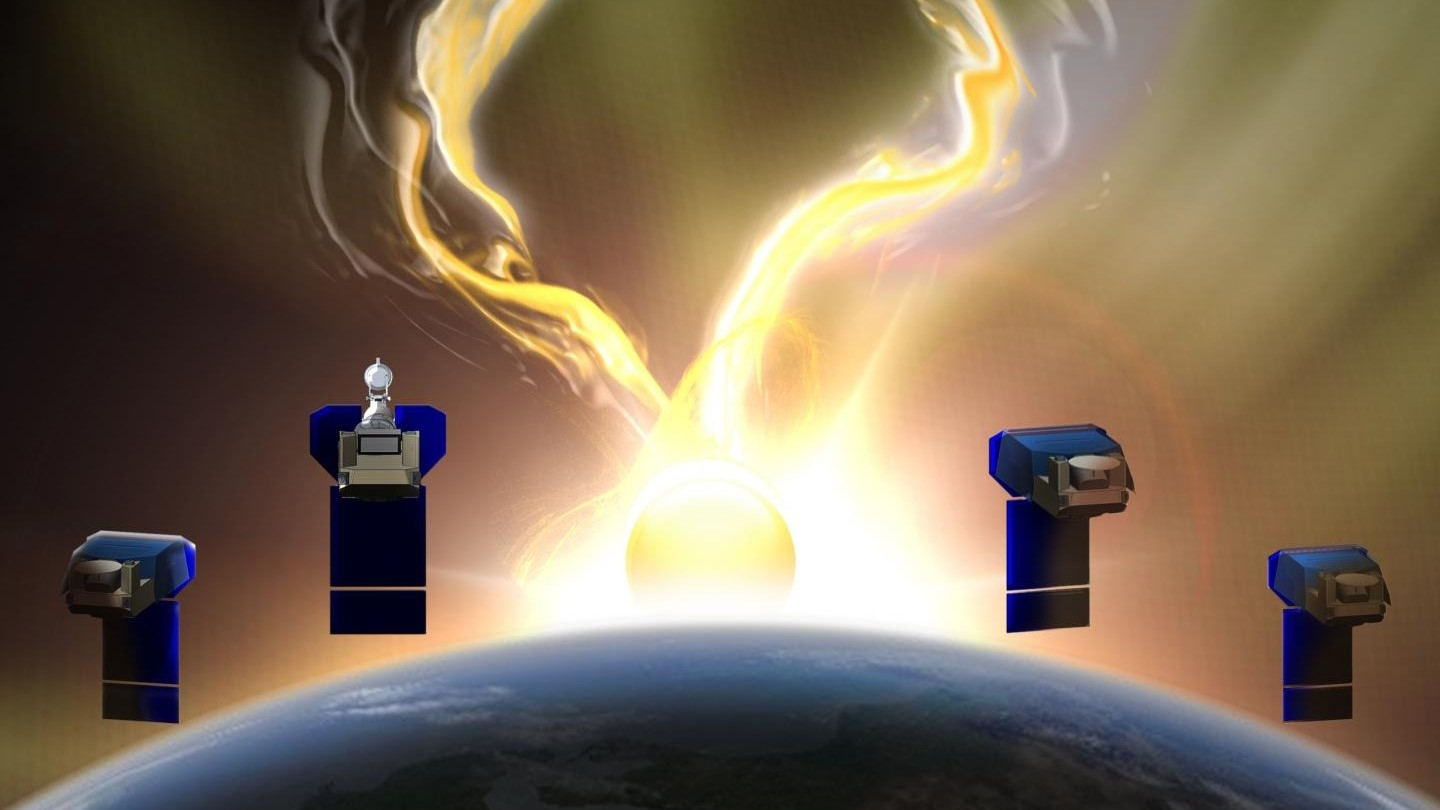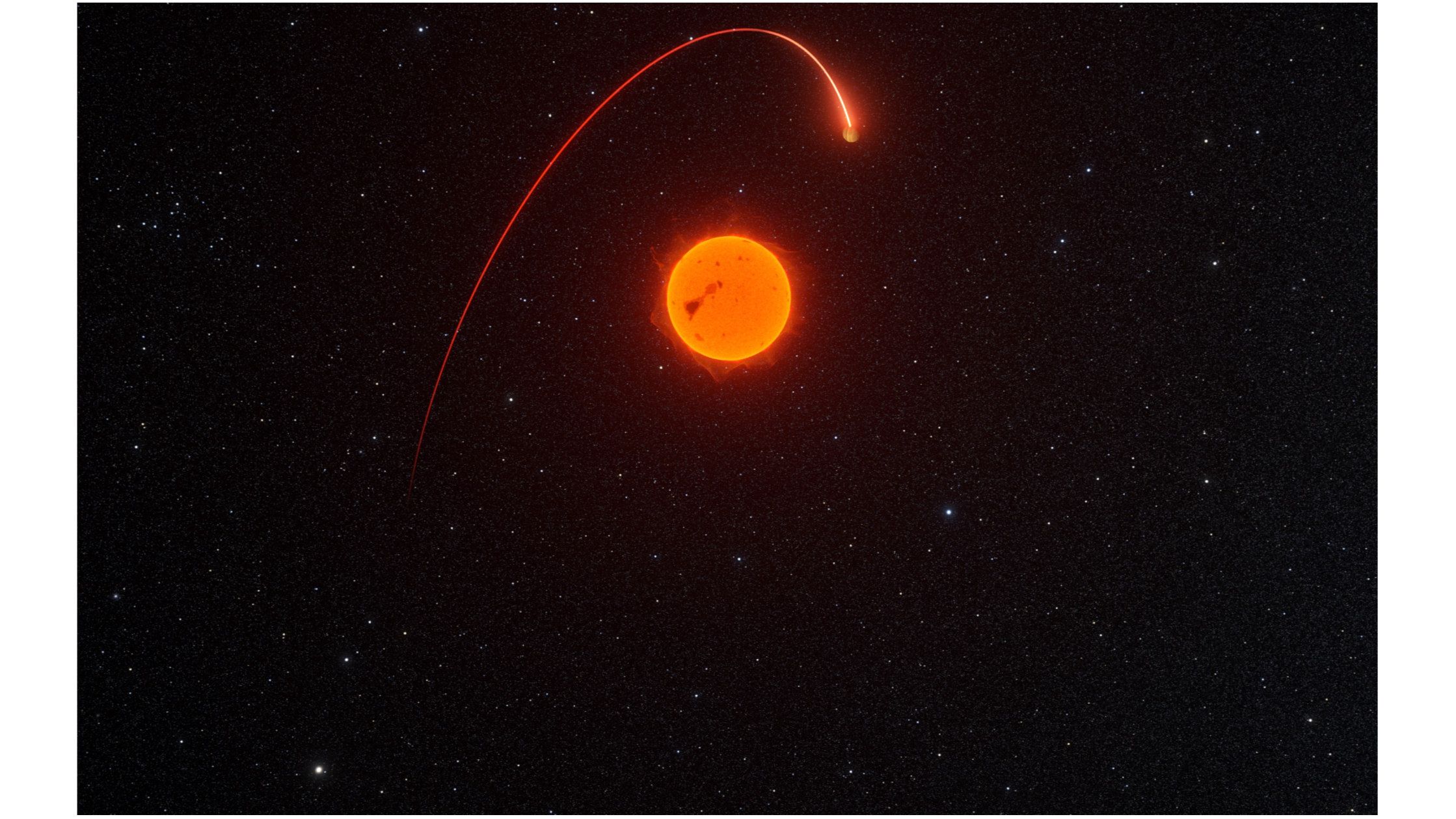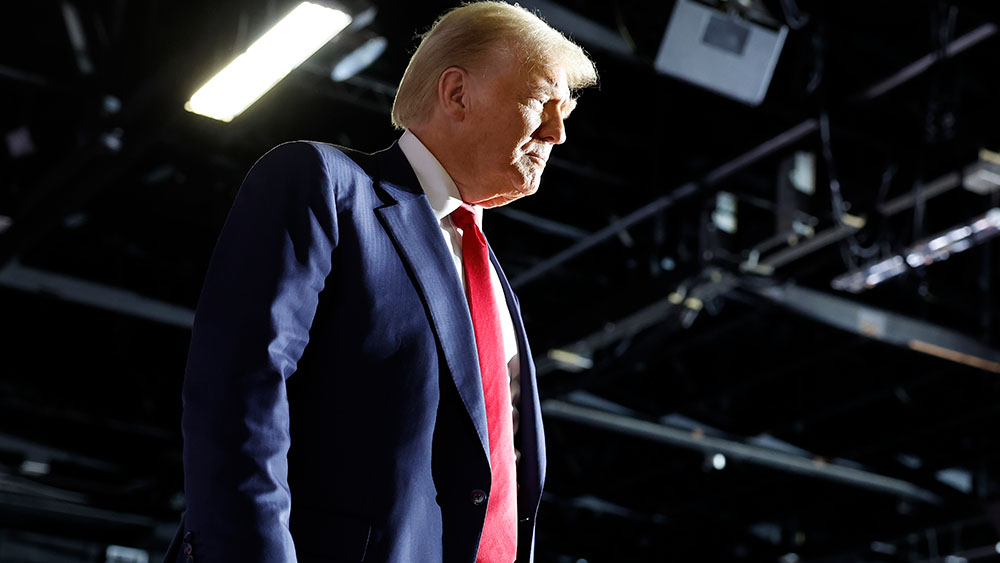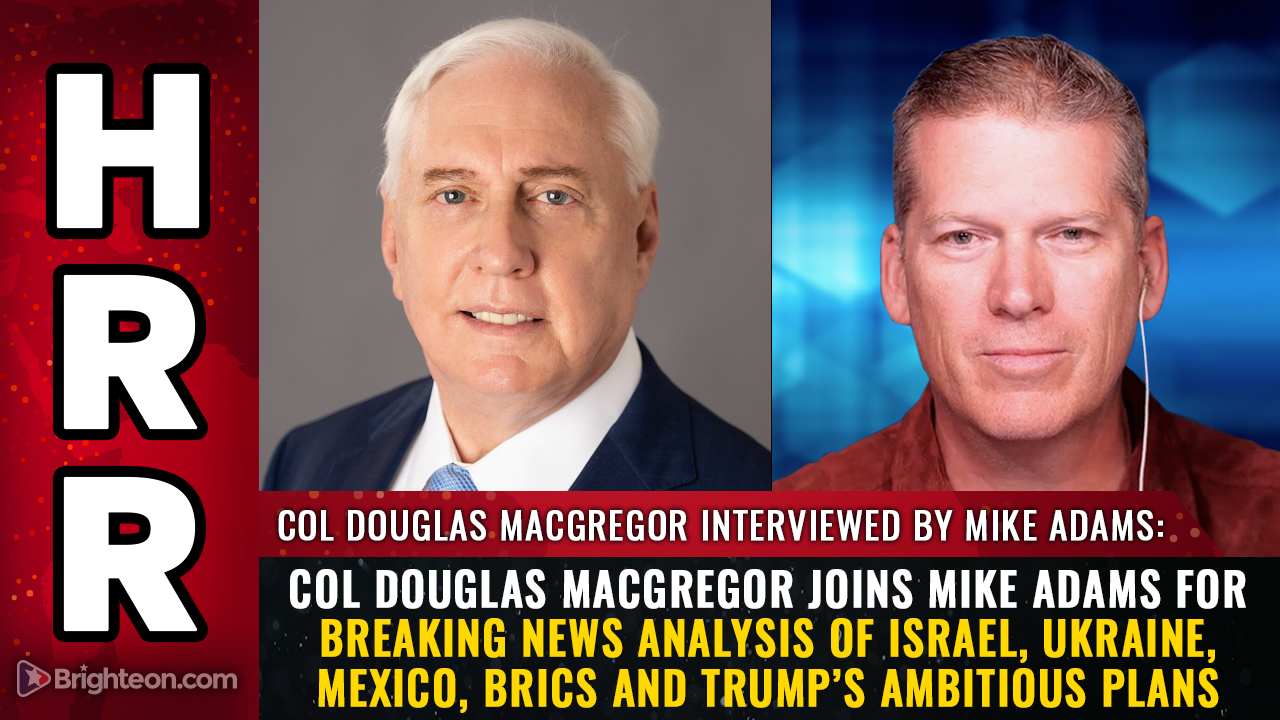USAID is on Trump and Musk's cost-cutting list. Here's where the foreign aid agency spends its money.
USAID cuts, led by Donald Trump and Elon Musk, may reduce aid to Ukraine, Jordan, and Ethiopia — but could cut wasteful spending, Republicans argue.
ORLANDO SIERRA/AFP via Getty Images
- USAID distributed nearly $32.5 billion in aid in 2024, mainly to Africa and the Middle East.
- Many Republicans argue USAID is wasteful, while some Democrats say shuttering the agency is unconstitutional.
- Proposed USAID cuts may reduce aid to Ukraine, Jordan, and Ethiopia.
Proposed cuts to the US Agency for International Development could reduce assistance to Ukraine, Jordan, and Ethiopia.
Data for fiscal year 2024 shows that USAID distributed nearly $32.5 billion in aid that year, much of it to Africa or the Middle East.
On Tuesday evening, USAID staff received an email stating that starting Friday, "all USAID direct hire personnel will be placed on administrative leave globally, with the exception of designated personnel responsible for mission-critical functions, core leadership, and specially designated programs." The email further said that essential staff would be notified on Thursday afternoon and that the agency would begin moving international staff back to the US within 30 days.
The US spends more on humanitarian aid than other countries by wide margins, though foreign aid spending is under 1% of the federal budget. The US provides some amount of aid to most countries, including nearly every country in Africa and Asia. Many polls have shown a majority of Americans believe the US is spending too much on foreign aid, including to Ukraine.
The White House did not respond to a request for comment.
In 2024, the US donated over $5.4 billion in aid to Ukraine through USAID, most of which was through macroeconomic support to assist in its war with Russia.
The agency gave over $1.23 billion to Jordan last year, most through a cash transfer to the government in exchange for Jordan cooperating with US interests, such as providing intelligence support and housing Syrian refugees.
USAID also gave slightly over $1.2 billion to Ethiopia and nearly that amount to Congo amid continued conflict, climate shocks, and food shortages.
Other countries receiving hundreds of millions of dollars from the agency included South Sudan, Somalia, Nigeria, Sudan, and Yemen.
Of the $32.5 billion in spending, about a quarter went to humanitarian purposes, while another quarter went to health and population. The agency allocated about $7 billion to governance and another $3.6 billion to administrative costs.
USAID devoted over $2.3 billion to fighting AIDS, tuberculosis, and malaria globally, about $290 million to making vaccines and immunization more widespread, and nearly $188 million to international development and capital investment.
USAID, founded in 1961 during the Cold War, had three top partners in 2024: the World Bank Group, which received $4 billion; the World Food Program, which received $3.4 billion; and the Global Fund to Fight AIDS, Tuberculosis, and Malaria, which received $2.3 billion.
About a quarter of USAID funding came from the Economic Support Fund, while $7.4 billion came from the Department of State and global health programs.
Democrats and Republicans have been split on USAID's standing. While many Democrats say cutting USAID spending could have widespread negative impacts on millions of people in war-torn or developing countries — and could cost Americans thousands of jobs — Republicans argue USAID spending is often wasteful and not in the US' best interests.
Donald Trump and Elon Musk have attacked USAID and other foreign aid programs over the last few weeks. Musk called USAID a "criminal organization" in a post on X, while Trump told reporters on Sunday that USAID is "run by a bunch of radical lunatics."
Some legal analysts and Democratic politicians have argued that only an act of Congress can shut down an independent agency like USAID. Though Trump and Musk have argued that there is fraud in USAID, some experts have pushed back on these claims.
"We don't have a fourth branch of government called Elon Musk, and that's going to become real clear," said Maryland Rep. Jamie Raskin at a press conference outside the USAID headquarters on Monday. "This illegal, unconstitutional interference with congressional power is threatening lives all over the world."
Secretary of State Marco Rubio was named USAID's acting director on Monday and has advocated for foreign assistance agencies to be more transparent about how aid is being implemented. Rubio said the administration is reviewing each program to see if it makes the US safer, stronger, and more prosperous.
At the start of Trump's presidency, his administration froze billions in humanitarian aid, stating that many foreign assistance programs promote liberal agendas or cost the US unnecessarily large amounts.
Are you a federal worker who wants to share your story with a reporter? Reach out from a nonwork email to nsheidlower@businessinsider.com.

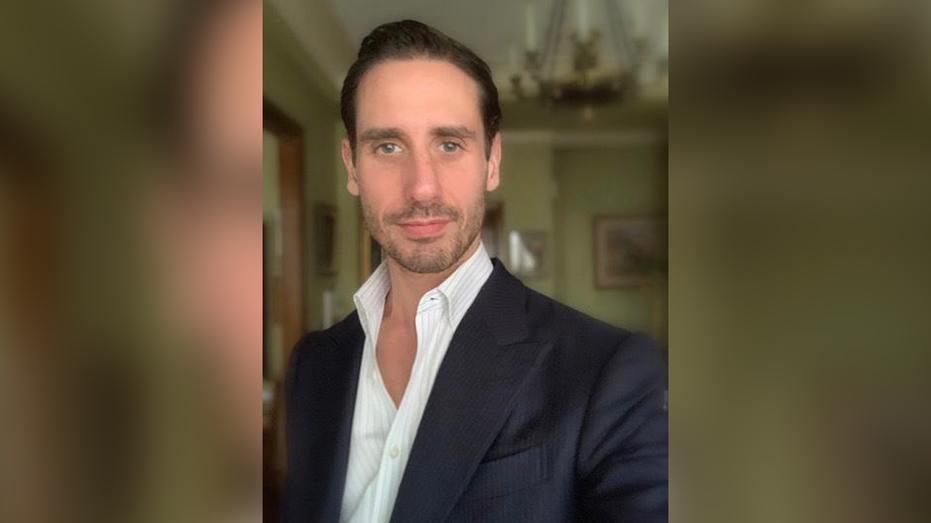

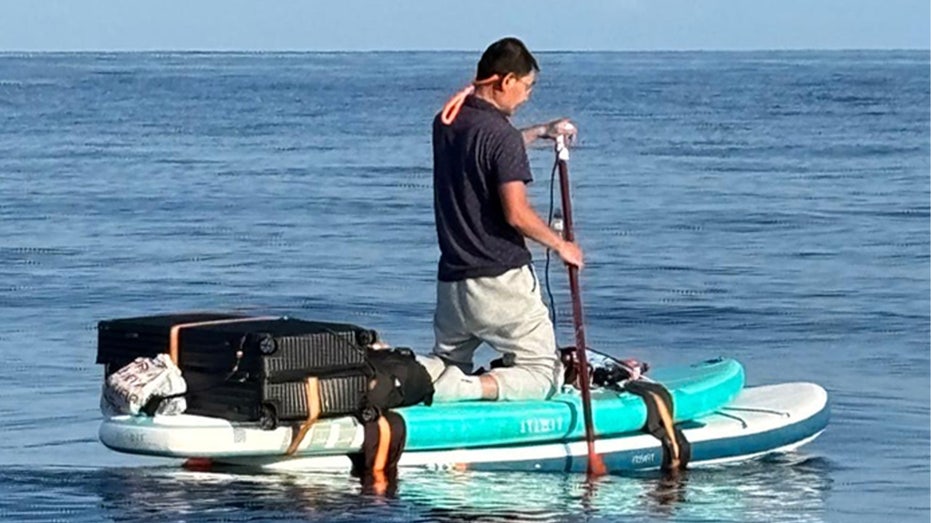
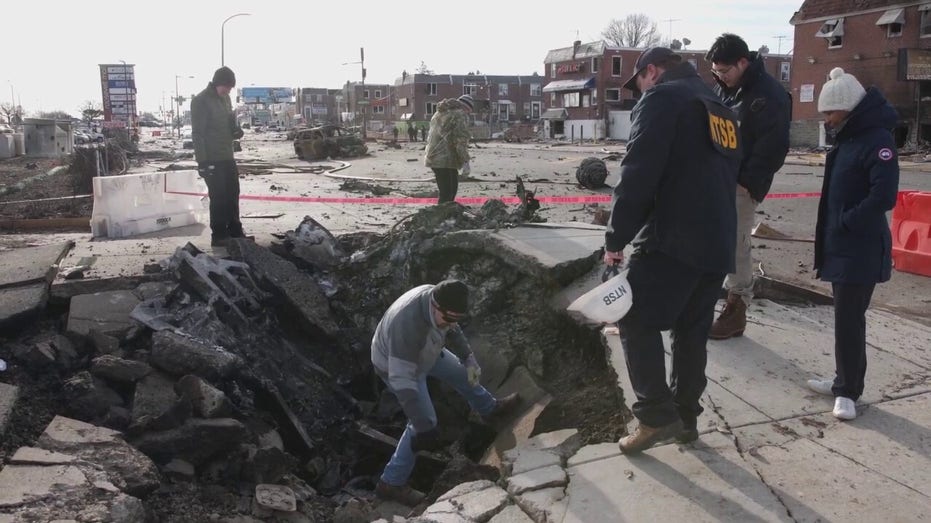
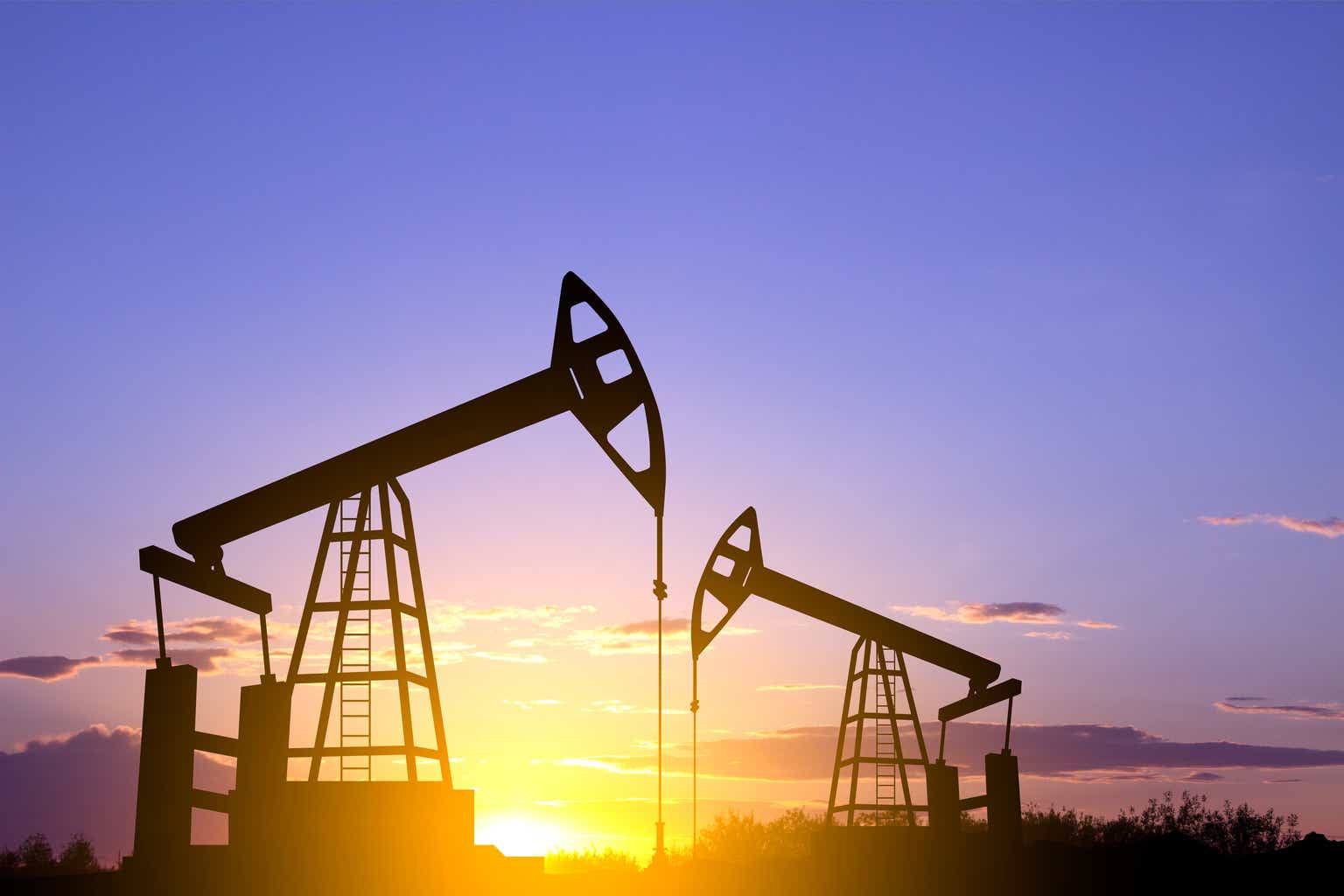
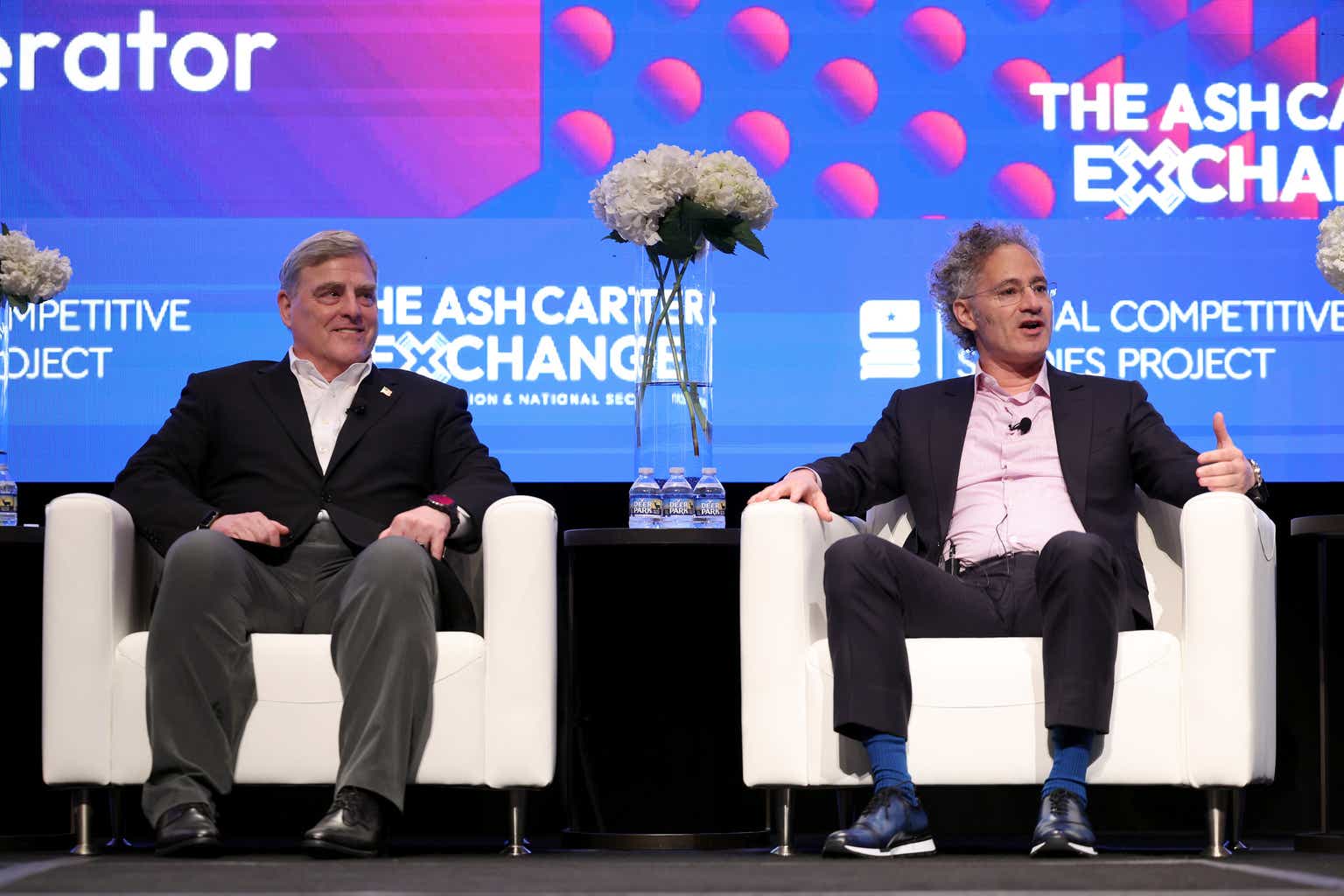




![How to Build Scalable Access Control for Your Web App [Full Handbook]](https://cdn.hashnode.com/res/hashnode/image/upload/v1738695897990/7a5962ce-9c4a-4e7c-bdeb-520dccc5d240.png?#)




